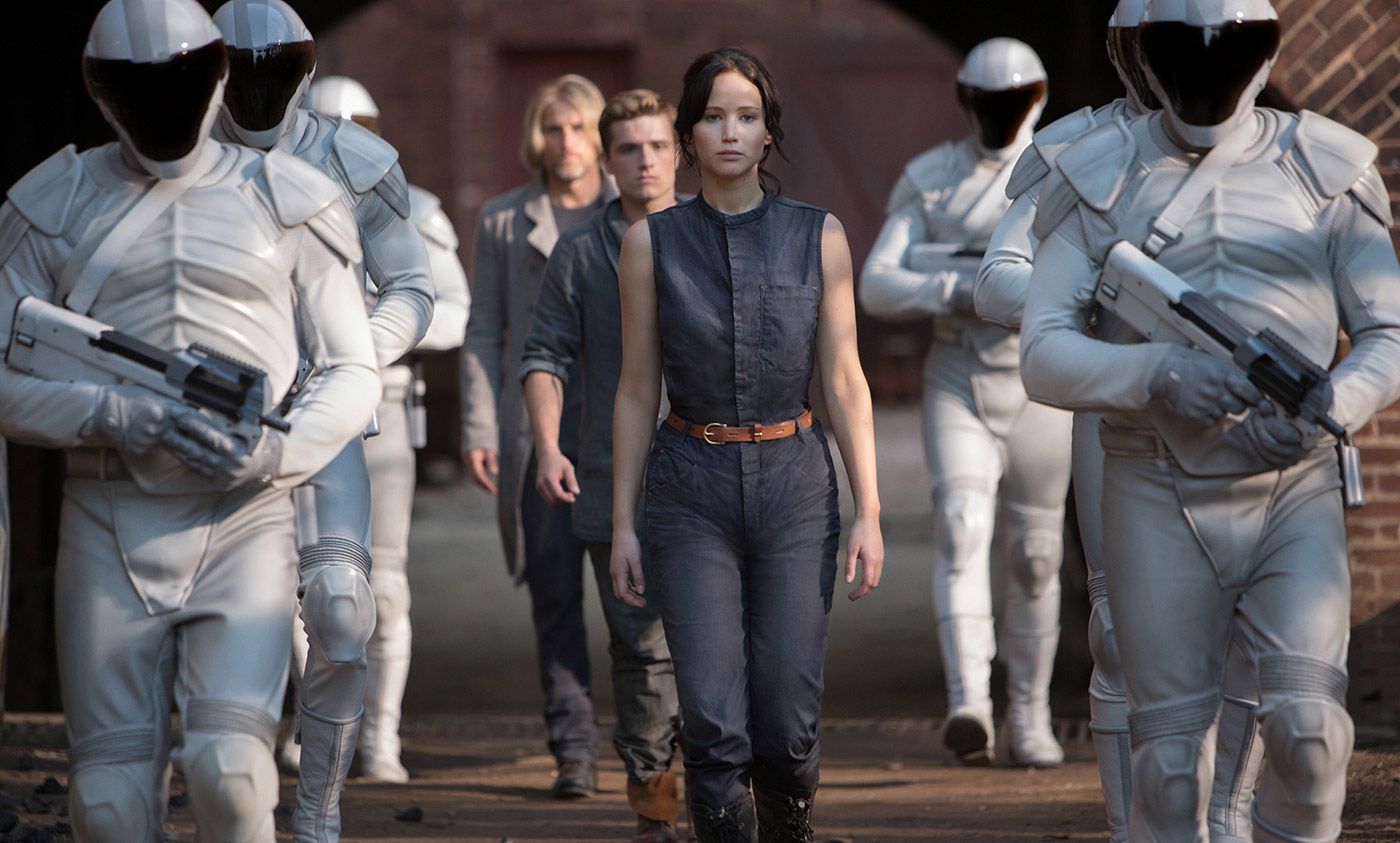by CALVERT JONES & CELIA PARIS

Humans are storytelling creatures: the stories we tell have profound implications for how we see our role in the world, and dystopian fiction keeps growing in popularity. According to Goodreads.com, an online community that has grown to 90 million readers, the share of books categorised as ‘dystopian’ in 2012 was the highest for more than 50 years. The boom appears to have begun after the terrorist attacks on the United States of 11 September 2001. The share of dystopian stories skyrocketed in 2010 as publishers flocked to capitalise on the success of the Hunger Games novels (2008-10), Suzanne Collins’s gripping trilogy about a totalitarian society ‘in the ruins of a place once known as North America’. What should we make of the fact that dystopian fiction is so popular?
A great deal of ink has been spilled exploring why these narratives are so appealing. But another important question is: So what? Is dystopian fiction likely to affect anyone’s real-world political attitudes? If so, then how? And how much should we care about its impact? In our research, we set out to answer these questions using a series of experiments.
Before we began, we knew many political scientists would likely be skeptical. After all, it seems unlikely that fiction – something known to be ‘made up’ – could be capable of influencing people’s real-world outlooks. Yet a growing body of research shows that there is no ‘strong toggle’ in the brain between fiction and nonfiction. People often incorporate lessons from fictional stories into their beliefs, attitudes and value judgments, sometimes without even being aware that they are doing so.
Aeon for more